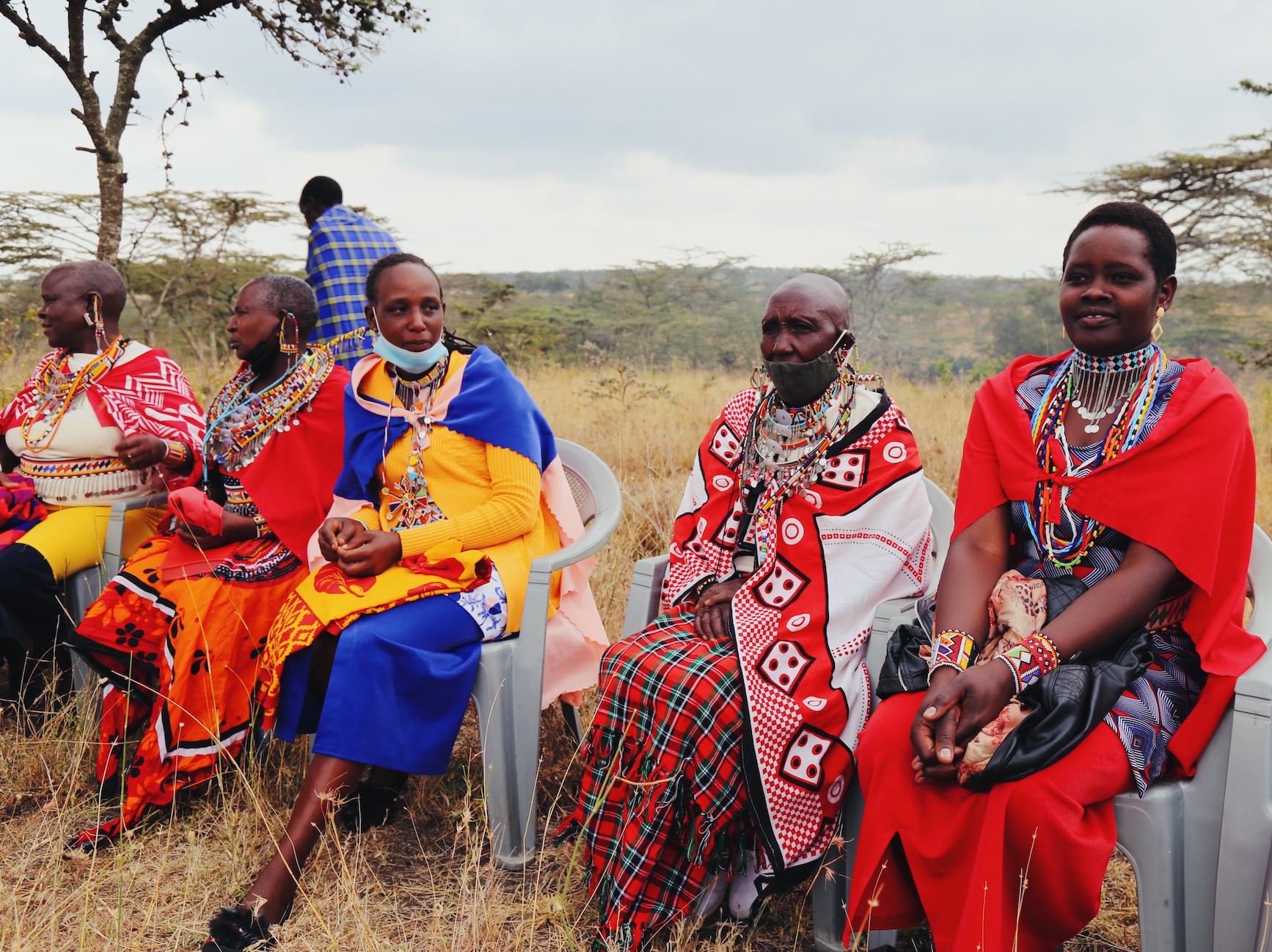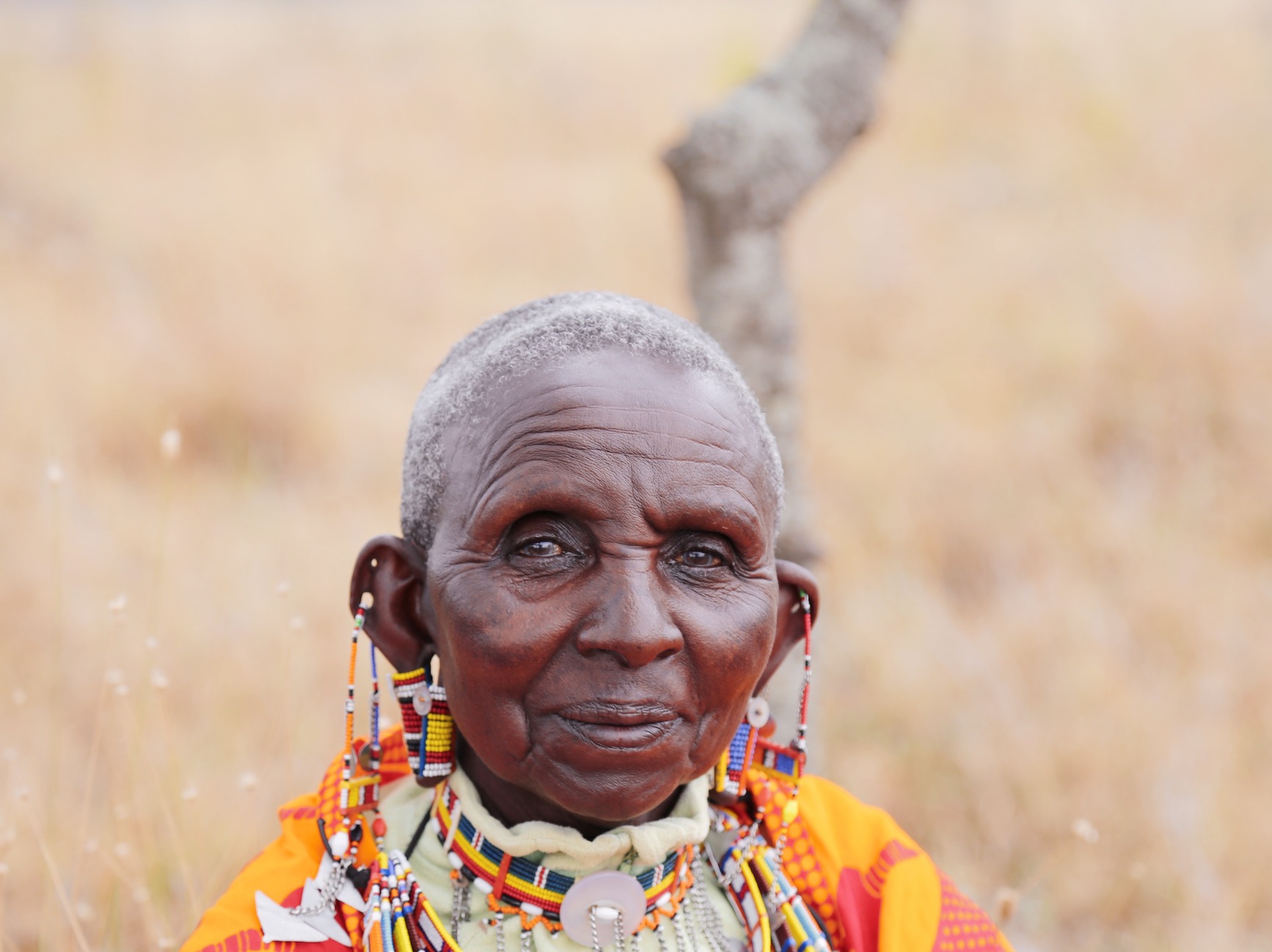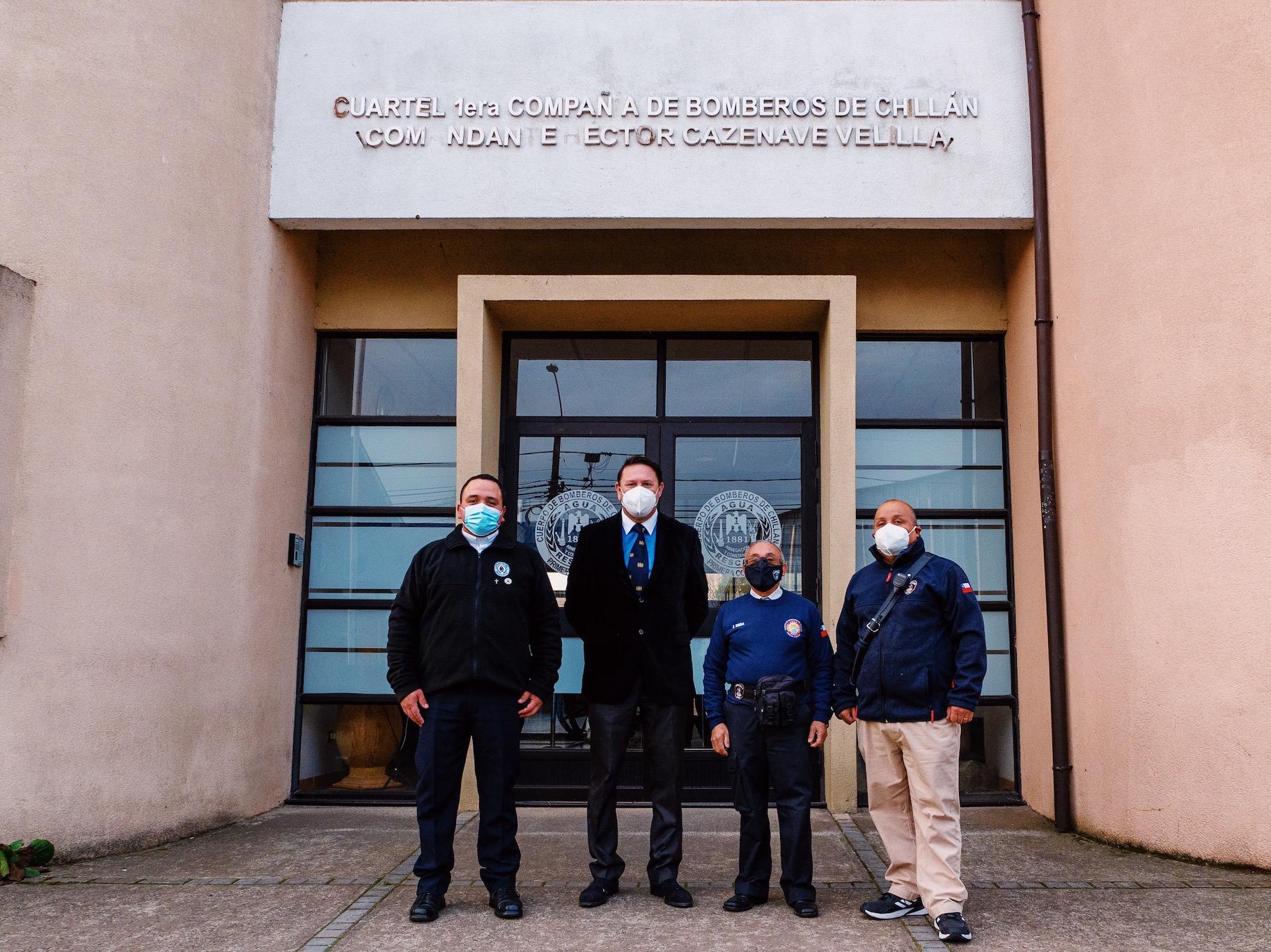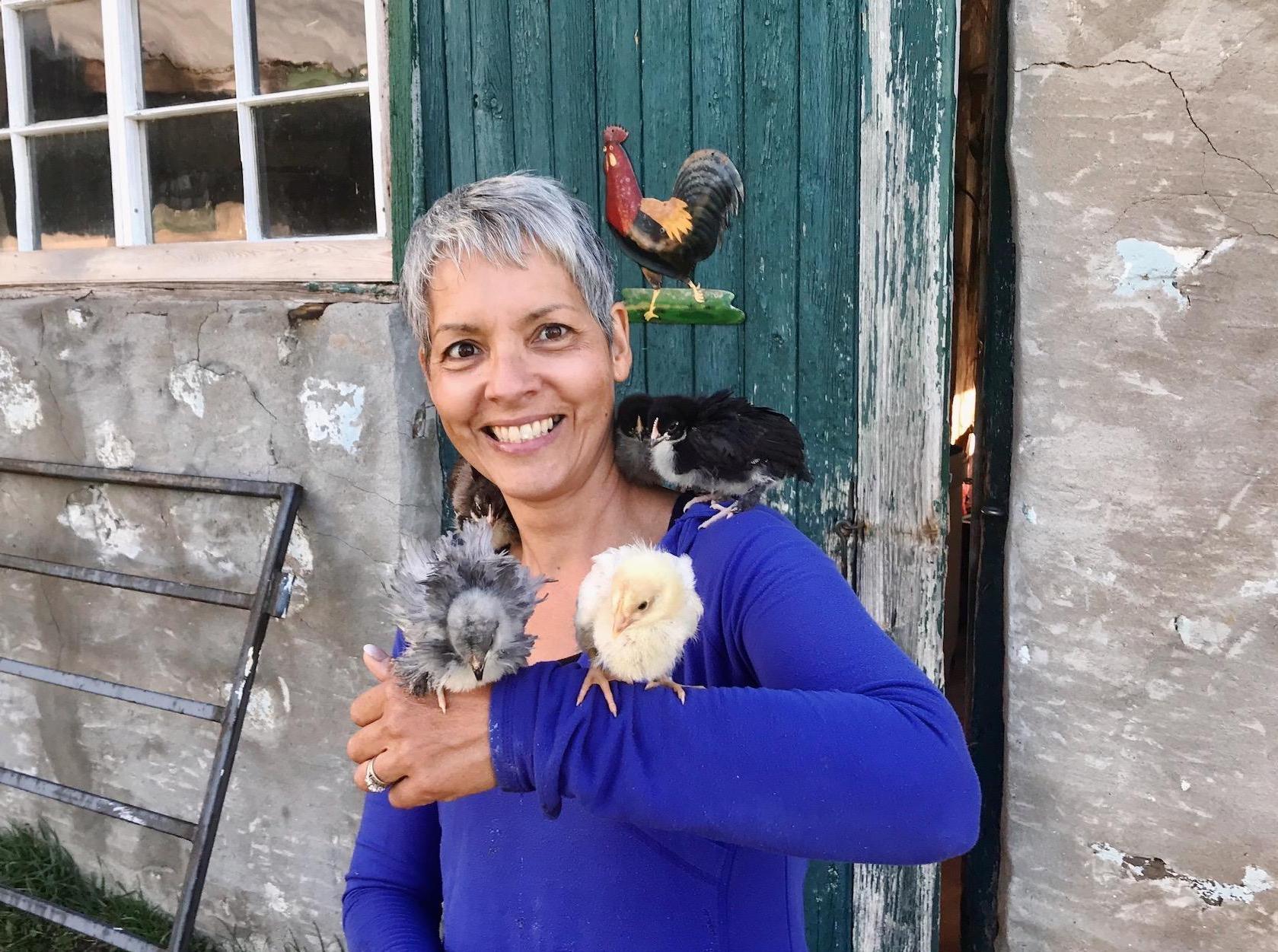The Maasai are an indigenous group in Africa that has settled in northern Tanzania and Kenya. They are known internationally due to their distinctive traditions, customs, dress, and residence near many of the infamous safari parks of East Africa.
Patrick, our partner representative in Kenya, informed us that over the years, many mission agencies have visited Maasailand to attempt various projects. Yet, despite the ongoing effort of foreigners, evangelism seems to be just as needed as it was decades ago.
Patrick shared the following narrative to help explain why he believes most evangelism initiatives have become largely ineffective within the Maasai communities.
One dry day in central Kenya, an eager missionary arrived in a Maasai community and called a group of village elders to gather. He proceeded to excitedly share what he thought was a very understandable story—the life of Jesus of Nazareth. The group listened attentively as the young man spoke.
An interpreter helped tell the elders about how Jesus was born, grew loved by God and man, and did ministry on earth. They explained how Jesus fed the hungry, healed the sick, and even drove away demons. The missionary concluded by making the point that at the end of Jesus’ earthly life, the same people who once loved Him, rejected Him—nailing him on a cross, piercing him with a spear, and crowning him with a hat made of thorns.
After he preached, the missionary was expecting the elders to repent. But they stared blankly.
One of the elders stood up and asked, “Why didn’t this Jesus come to us Maasai people instead of going to those He knew would not receive Him? We gladly welcome visitors here.”
The missionary didn’t know how to answer. After fumbling over his words and referencing a few applicable Scripture verses, he ultimately left dumbfounded, angry at what had just taken place. He had explained everything clearly, but they still didn’t get it! It seemed so easy for him to understand...so why couldn't they?
The Maasai elders also walked away confused. The gospel story made little sense regarding what they deemed as simple hospitality. And why would they choose to believe in something that didn’t make sense?
Throughout the last few decades, there have been hundreds of ministry efforts within Maasai communities, yet there is a significant part of the population that remains resistant to the gospel. It’s difficult for the people to believe the “tourist preachers” who simply come in and out of their villages, imposing the same confusing story. The message has never been enacted in a way that matched their lifestyle, and therefore, never taken root in the community.
This is why Patrick is so eager to partner with a ministry that focuses on training and equipping local pastors to learn how to do effective ministry with their own people. “This year, we began by partnering with Massai pastors to reach their communities with the Word of God. Most of the people you find in those churches do not have a Bible of their own and there is a great need to reach the Maasai. This time, I have faith because we are using a model that focuses on training and equipping the Maasai themselves, as opposed to only outsiders.”
ShareWord Global is an organization that comes alongside many different cultures, so we must be careful and respectful about how we do this. Hearing experiences like the Maasai’s is a blunt reminder that we need to pay close attention to cultural nuances as we are ministering.
Like the misguided missionary, it is sometimes easy for us to become frustrated if someone is not responding to the gospel as well as we had originally hoped. But we cannot expect that everyone is going to hear it in the same way...because God created cultural diversity.
We need to listen first, in order that we are respectfully equipping locals who understand the culture of their own community. We cannot simply run full speed ahead with our own agenda. A large part of that means remaining humble and allowing our global church partners to lead. Yes, they may need a nudge in the right direction, and there is absolutely a need to supply contextualized Scripture material...but what our church partners don’t need is Western people groups dominating local ministry.

We are seeing this motivation in Kenya—hundreds of pastors (including Maasai) receiving Grid training and Scripture resources, joining together to evangelize in their villages. In fact, we are seeing this model flourish in countries all around the world! We feel blessed to be a part of God's work being done by His people in so many nations, each beautifully interwoven with cultural differences, yet all working towards the same goal—to grow the Kingdom!




